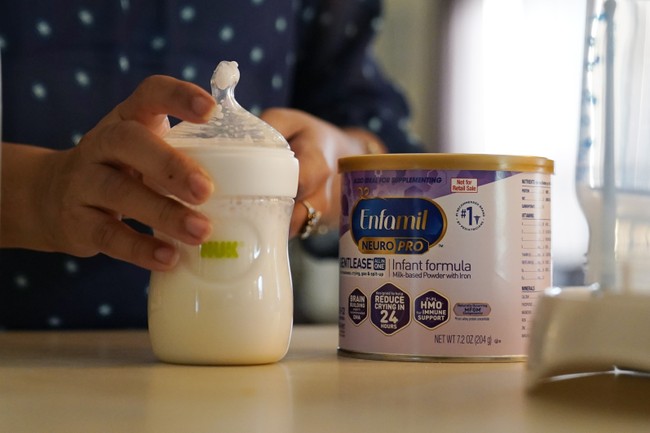

Since 2021, home ownership has become increasingly out of reach for the average American, as both home prices and interest rates have skyrocketed with no reprieve. Earlier this month, President Trump pitched the idea of 50-year mortgages to combat the housing affordability crisis. He even posted a meme on Truth Social comparing himself to Franklin D. Roosevelt, who’s credited with the 30-year mortgage, and labeled himself the pioneer of the 50-year version.
The proposal, however, immediately drew bipartisan backlash, with critics across the ideological spectrum branding it "debt slavery" or "mortgage suicide."
Christopher Rufo and Jonathan Keeperman (Lomez), hosts of BlazeTV’s newest show “Rufo and Lomez,” agree that the 50-year mortgage is an economically disastrous idea, not just for the individual homebuyer but for society at large.
“I don't even want to say [the idea] is bad. It's just pointless,” says Lomez. “It doesn't solve any problem that it's ostensibly trying to solve.”
The problem the Trump administration should be zeroing in on, he says, is the massive generational imbalance in America. Our current policies have wealth flowing in one direction: “from young to old.”
“I think this is partly the problem of boomer politics. They are such an outsized political force, and they are so narrowly focused (as is everyone else) on their self-interest that they've lost sight of the larger picture of what they're trying to leave behind for the generations that come after,” says Lomez.
With boomers turning out in huge numbers to block new housing construction, defend senior property-tax caps, and protect incentives that keep them from ever selling or downsizing, the average first-time home buyer today is 40 years old (up from 33 in 2020), while the average home buyer in general is 59 years old.
“The outcome of these various policies and how we think about who can buy a home and property tax rates and how we architect certain incentives — both the sticks and carrots — have basically crowded young people out of home buying, and this is a massive structural failure on our part,” Lomez argues.
The impact is far more extensive than many realize.
“This has massive downstream effects in terms of fertility rates ... and marriage and all the stuff that makes life good. The housing piece of it is a proxy for all of that, but it's a very important piece of that, and we need to fix this problem,” Lomez explains.
“We're going to have to figure out some solution that's better than just going to debt peonage for the rest of your life.”
Rufo agrees, calling the American dream of homeownership “an amazing path for most people” that “should be widely available.”
The idea of a 50-year mortgage may seem like it brings this dream back into the realm of possibility because it “[reduces] the monthly payments on the median house by ... a couple hundred bucks a month,” but what it ultimately does is turn a home into “a speculative financial asset.”
“People aren't going to stay and pay off a 50-year loan,” and by “pushing the payment on the principal back ... for the first decade, you're really not paying down any principal at all. That's pure money to the bank,” says Rufo.
But this doesn’t just impact the individual, he says. It hurts everyone. “If [the 50-year mortgage] works, according to the theory, it will artificially inflate demand even further, which drives up housing prices.”
“The real problem is that we've flooded the country with currency. We've flooded the country by printing dollars, especially after COVID, where all of that money that is floating around the system has gone to these assets, like housing,” says Rufo, dismissing Trump’s 50-year mortgage proposal as an idea with “good intentions” but “not a good solution.”
To hear more, watch the episode above.
Want more from Rufo & Lomez?
To enjoy more of the news through the anthropological lens of Christopher Rufo and Lomez, subscribe to BlazeTV — the largest multi-platform network of voices who love America, defend the Constitution, and live the American dream.
.png)
 1 hour ago
3
1 hour ago
3















 English (US)
English (US)